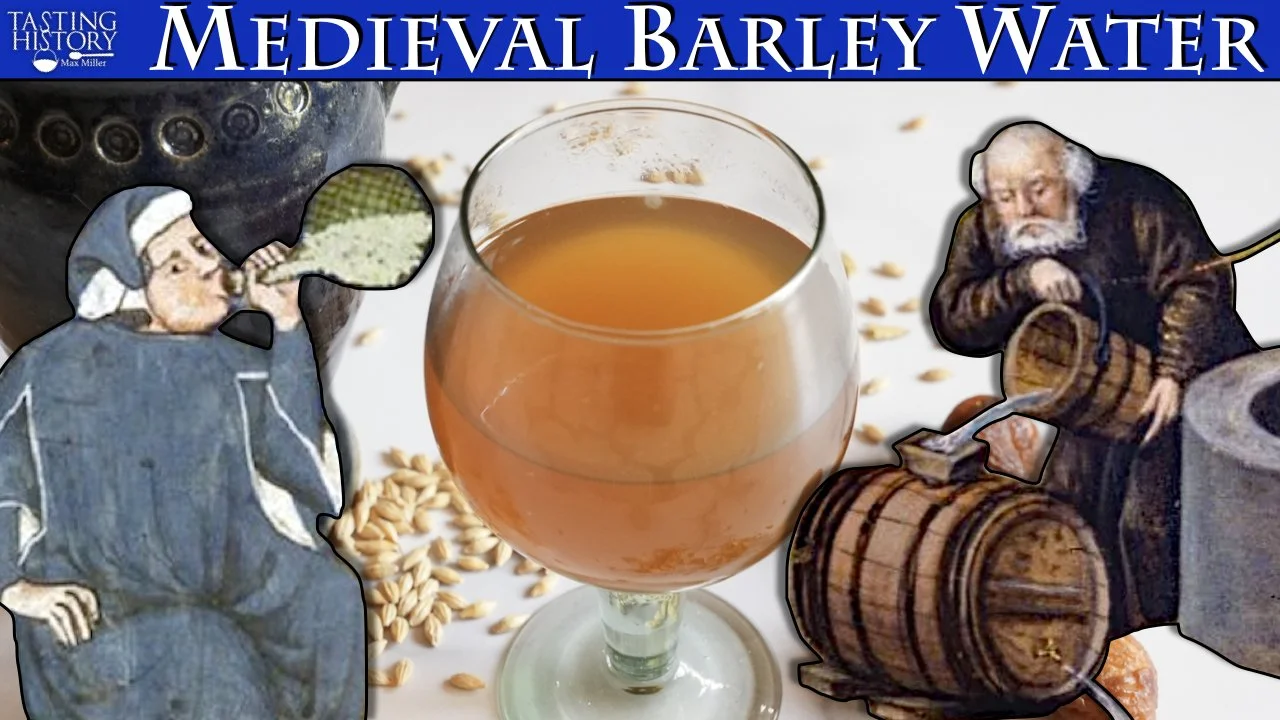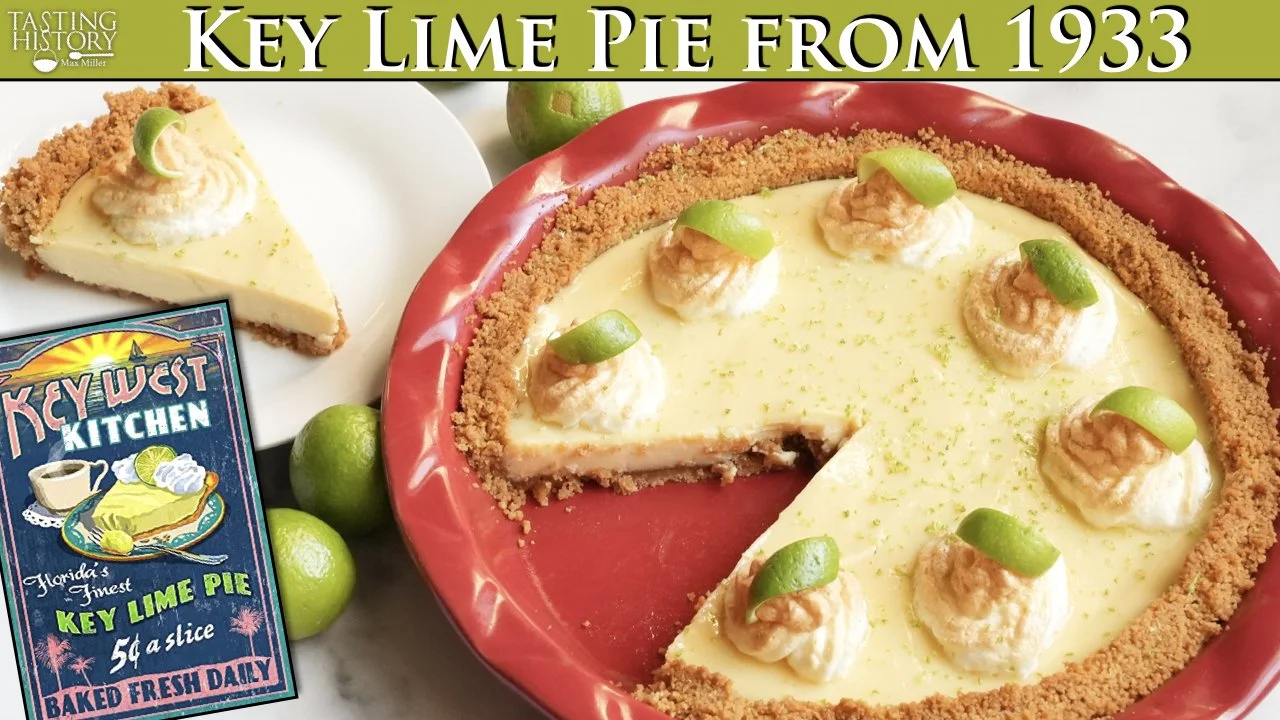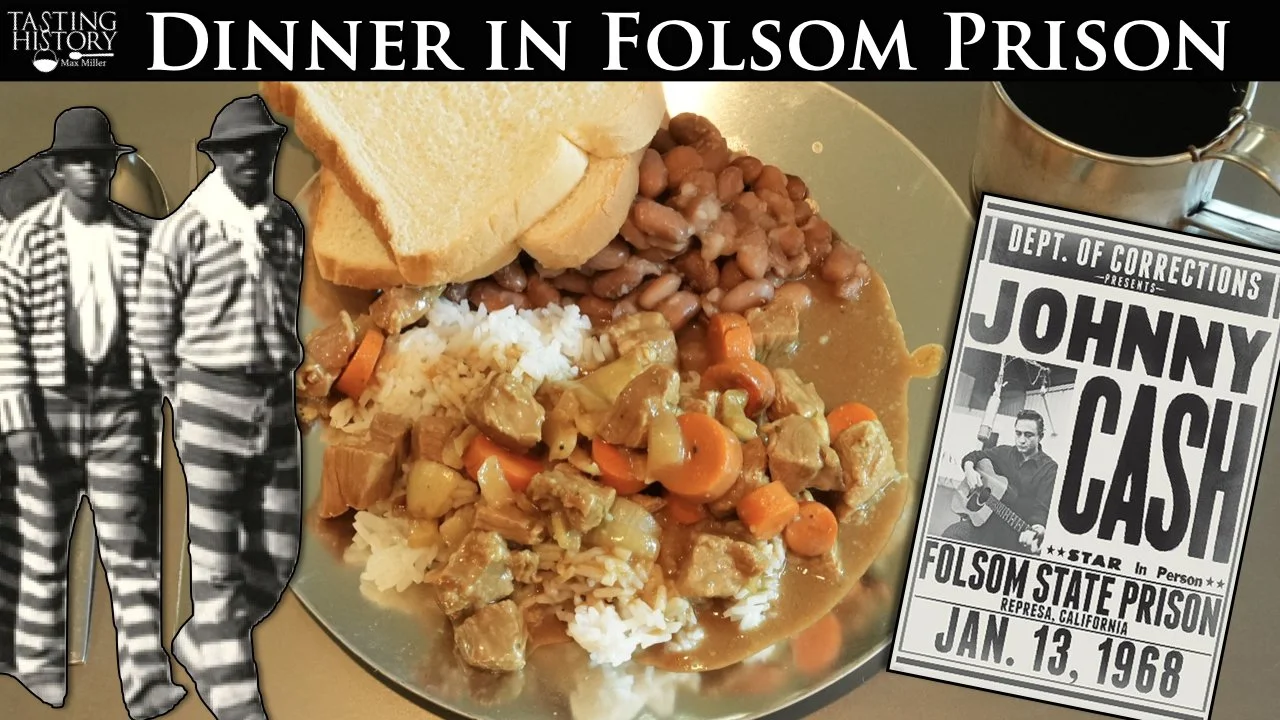September 2025
Arsenic Laced Breakfast Rolls
Hello Tastorians,
Tomorrow, I'll release a video on the bleak life of a Victorian baker. In it, I discuss the people's love of breakfast rolls, a bread which had to be baked very early in the morning so it would be delivered hot in time for breakfast. While researching these breakfast rolls, I came across a story that illustrated the dangers of bread during the period, but as the story took place in Germany and the video is meant to only cover Britain, I didn't include it, so I thought I'd share it here.
It was December, 1894, and a bakery located in Freiburg, Saxony sent out breakfast rolls to their usual customers. The next day, newspapers all over the world ran the headline "Wholesale Poisoning By Breakfast Rolls."
The headline was followed by only a few details of what appears to be a horrific event.
"One hundred and fifty persons were suddenly stricken with all the symptoms attending arsenic poisoning. An investigation showed all had partaken of rolls from a certain bake-shop, and an analysis revealed that the rolls contained arsenic. One child has died from the effects of the poison. The family of the baker who sold the rolls did not escape, some of the members being quite ill. Inquiry has been opened in the case of the child who died." - Chicago Tribune (December 17, 1894)
Alas, I was unable to find out more about the inquiry, but, as the baker's family got sick as well, it seems likely that it was negligence and not an intentional act, though who really knows? There are a lot of nutters out there. In fact, the Victorian age is filled with stories of people purposefully adding arsenic to baked goods and other foods for malicious intent.
In 1840, Marie Capelle wed Charles Lafarge; a man who she found unattractive in personality and physicality, but who was the wealthy owner of an estate in the French countryside. Well, when it turned out that Charles was actually broke and the estate was in a complete state of disrepair, Marie decided she no longer wished to be married, so while Charles was away on a business trip, she sent him a cake lovingly made with a dose of arsenic. The poison did not kill him, but he was noticeably ill upon his return, so Marie quickly went to work finishing the job. Via a cup of eggnog as well as a bowl of arsenic laced soup, Charles became violently ill and soon died.
At first, Cholera was the suspected cause of Charles' death, and had that remained so, Marie would have gotten away with her nefarious plot. But a meddling relative, Anna Brun, who was staying with the couple, would not let that happen. Anna had seen Marie add a powder to the eggnog, a powder which Marie swore was nothing but orange blossom sugar. Anna was skeptical. She did some digging and learned that Marie had recently purchased arsenic. Marie swore it had been used to make rat poison, but upon inspection of the poison set down for the rats, it was found to be free of arsenic and was, in fact, just a paste of water, flour and soda. Upon further testing, it was deemed that Charles had died of arsenic poisoning and enough evidence was gathered to put Marie in prison for the rest of her life.
Now, here are a few things that I think you'll enjoy.
Folsom Prison Blues (Live at Folsom State Prison, Folsom, CA - January 1968) - As I mentioned in August's video on Folsom Prison, this is a recording of Johnny Cash singing the Folsom Prison Blues live at the prison in 1968.
Sake Drinker Diary - This is a really cool channel which, while a modern channel, is portrayed as if food vlogging had been popular in Japan during World War 2. He works from historic recipes and is where I learned of the recipe which I made in last month's video on the Japanese home front.
Last Month’s Videos
Serve it forth,
Max









